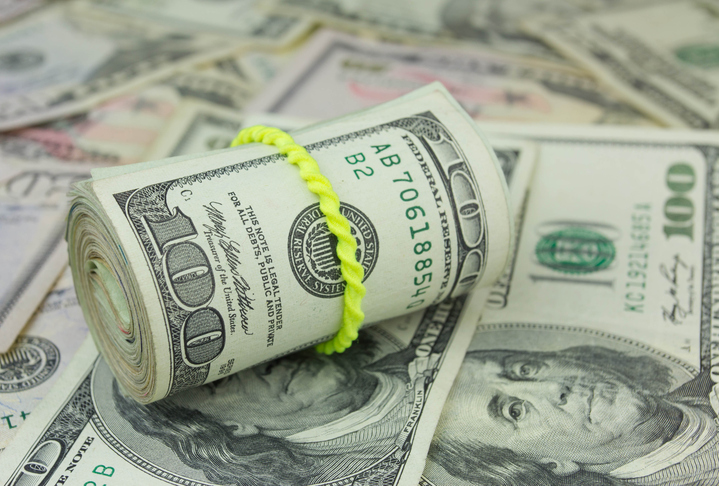That’s the signal from Bank of America Corp.’s flow data, which blends positioning and sentiment surveys conducted with its hedge fund and real-money clients, and publicly available futures data. The bank’s takeaway is that bullish dollar positions put on after the election have completely disappeared,” reports Andrea Wong for Bloomberg.
A depreciating yen is supporting Japanese markets as a weaker currency bolsters the country’s large export industry. Japan currency-hedged exchange traded funds are rebounding as rising speculation of a Federal Reserve interest rate hike later this month fueled a strengthening U.S. dollar and depressed the yen currency.
Last year, the Bank of Japan extended its stimulus measures, supporting Japanese equities and country-specific exchange traded funds. As part of its expanded stimulus plan, The BOJ decided to increase ETF purchases so its total holdings rose at an annual pace of ¥6 trillion, or $58 billion, up from the current ¥3.3 trillion, Reuters reports.
“The good news is that there isn’t much bullish, or bearish, dollar positions to be unwound, so the next trend gets to start with a clean slate. That also means the U.S. currency, which has almost retraced the 7 percent rally since Donald Trump’s election victory, will be stuck in a range barring any concrete fiscal policy, the kind of game-changing announcement that investors have been waiting for since day one of his presidency,” according to Bloomberg.
For more information on the USD, visit our U.S. dollar category.
